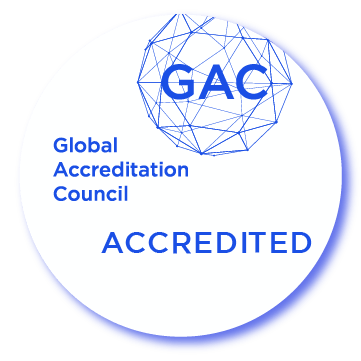
Format
Macro-Course
Dates
Live Sessions: Every Second Tuesday of the Month at 10 AM Pacific
Location
Live webinars on Zoom; Recordings on our GB YouTube Playlist
Faculty
Dr. Jim Garrison and
Dr. Gyorgyi Szabo
Credit
Masters – 3 credits; Doctoral – 3 credits
Available to the public
or for Academic Credit
What makes a Great Book great?
At the heart of the world wisdom traditions are books that distill the essence of the teachings of the masters down through the ages. Many have no authors, some are compilations over long periods of time, others reflect teachings of masters who themselves never wrote a word.
Socrates and Jesus never wrote any books, for instance, but Plato wrote his Dialogues recalling his memory of what Socrates said and the Gospels recount the life of Jesus many decades after Jesus had gone. Other books have legendary authors but appear to be compilations heavily redacted over many centuries. Some books are considered “God’s word” such as the Bible or the Koran and have endured for millennia inspiring countless millions of believers.
Others remain obscure and speak deeply symbolic truths hidden within the layers of the language in the text itself. Still others express the essence of a tribal tradition on the brink of extinction and are valued for what is on the verge of being lost. Great books continue to be written by individuals alive today.
Learning Objectives
- To understand the qualities that distinguish a literary work as a “Great Book.”
- To reflect upon the challenges framed by authors in ancient times in light of current global crises.
- To grapple with deep issues common to all humanity through active discussion, web forum postings, and/or paper assignments.
- To compare the major themes of the books studied.
Books 2025
Jim Garrison on
"Secret of the Golden Flower"
Jan 14 & Feb 11, 2025
This book from ancient China is shrouded in legend and mystery. No one knows its origin although legend has it that it was the teacher of Lao Tsu, the author of the Tao de Ching, who wrote it. The book speaks in symbolic and cryptic ways about the circulation of the light in the body and soul of the seeker and recommends specific forms of meditation to enhance the inner powers of insight, imagination and longevity. Of particular interest is that Carl Jung wrote the Preface for the English translation made by Richard Wilhelm. This Preface is one of the most insightful understandings of Jung on the profound difference between Eastern and Western metaphysics and cosmology.
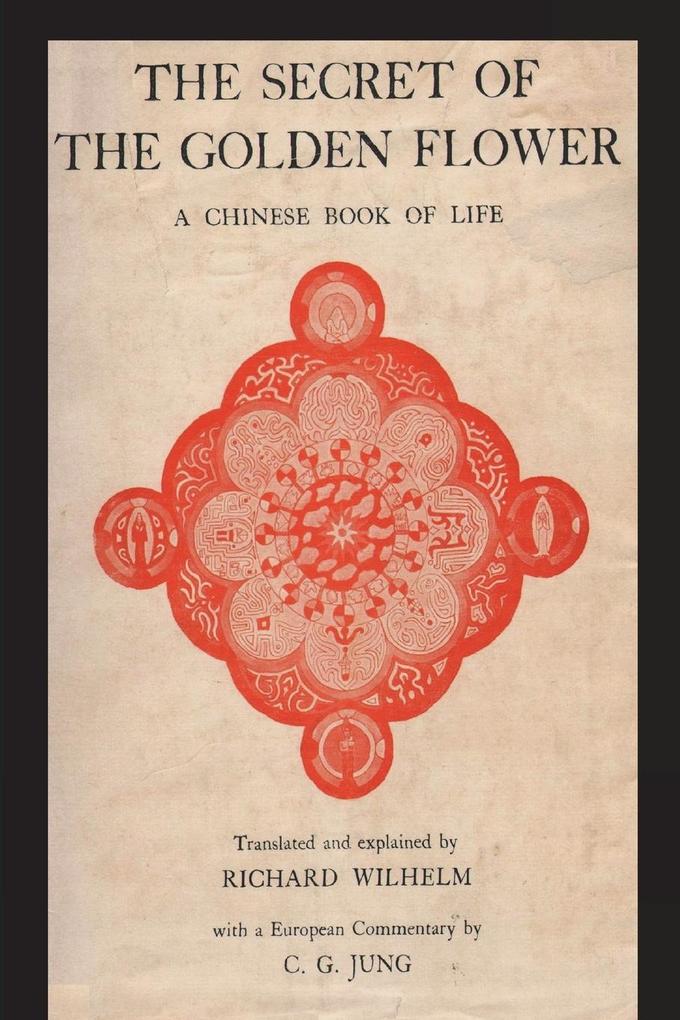
Gyorgyi Szabo on
"The Inseparables"
by Simone de Beauvoir
March 11 & April 8, 2025
From the moment Sylvie and Andrée meet in their Parisian day school, they see in each other an accomplice with whom to confront the mysteries of girlhood. For the next ten years, the two are the closest of friends and confidantes as they explore life in a post-World War One France, and as Andrée becomes increasingly reckless and rebellious, edging closer to peril.
Sylvie, insightful and observant, sees a France of clashing ideals and religious hypocrisy—and at an early age is determined to form her own opinions. Andrée, a tempestuous dreamer, is inclined to melodrama and romance. Despite their different natures they rely on each other to safeguard their secrets while entering adulthood in a world that did not pay much attention to the wills and desires of young women.
Deemed too intimate to publish during Simone de Beauvoir’s life, Inseparable offers fresh insight into the groundbreaking feminist’s own coming-of-age; her transformative, tragic friendship with her childhood friend Zaza Lacoin; and how her youthful relationships shaped her philosophy. Sandra Smith’s vibrant translation of the novel will be long cherished by de Beauvoir devotees and first-time readers alike.
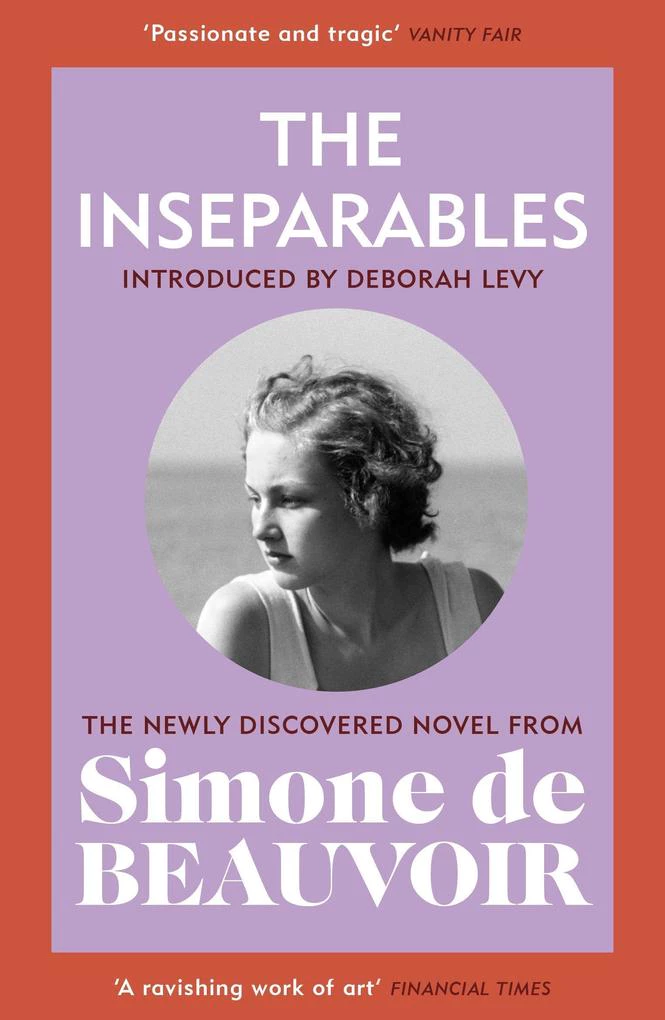
Jim Garrison on "Abduction" by John Mack
May 13 & June 10, 2025
John Mack was the head of psychiatry at Harvard University in the 1990s when he was approached by the Pentagon to examine various personnel who reported direct experience with UFOs. The Pentagon asserted they were mentally unstable.
When Dr. Mack examined them, he determined that they were of sound mind and very credible. He wrote his findings up and submitted it to the New England Journal of Medicine which refused to publish it. Undaunted, Dr. Mack published his findings as the book Abduction which became an instant best selling classic on human/Extraterrestrial contact.
This book was followed by another seminal work Passport to the Cosmos which further deepened Dr. Mack’s understanding of the experience of people who reported they were abducted by Extraterrestrial beings.
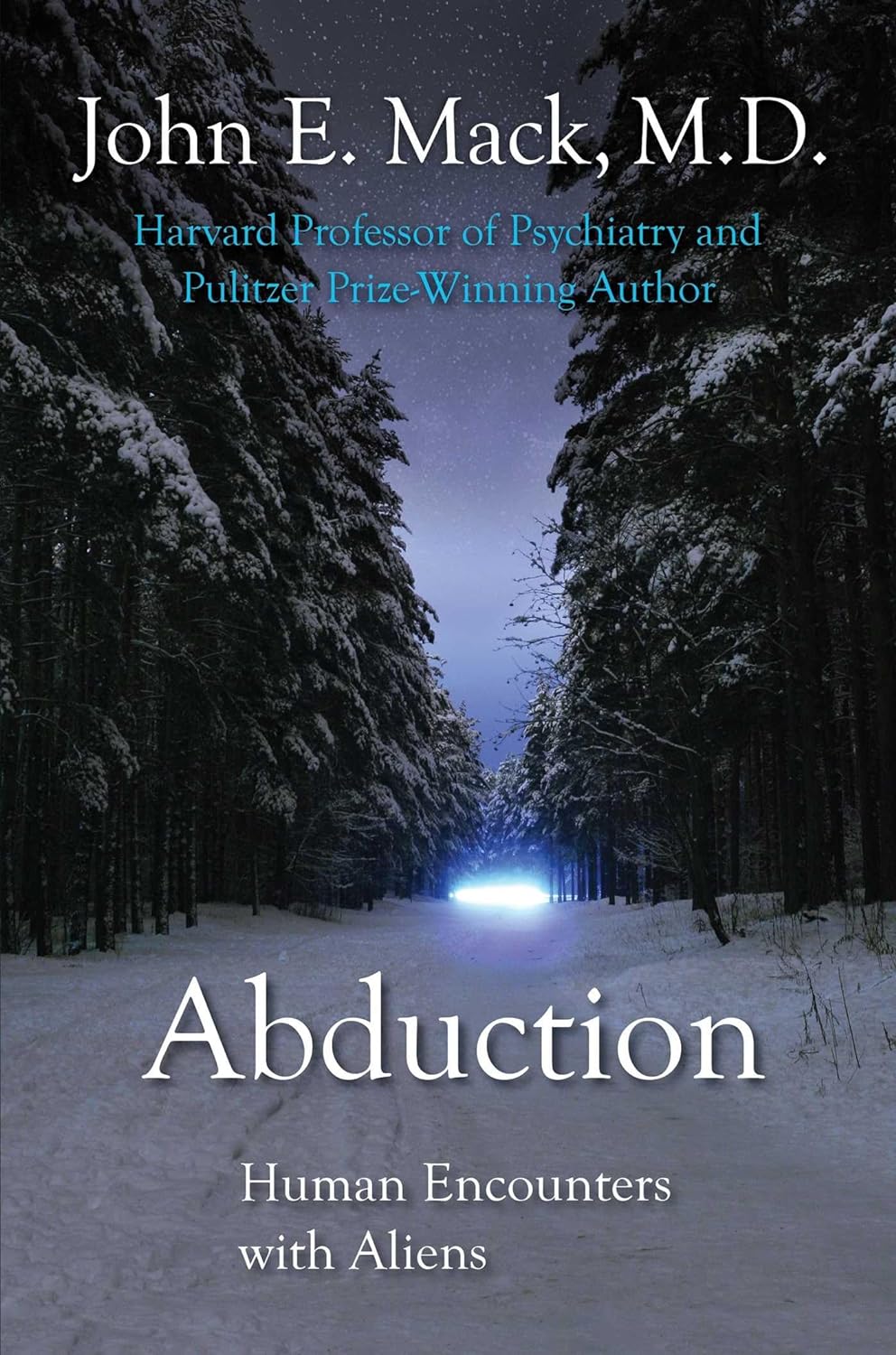
Janice Sealey on
"Revelations of the Aramaic Jesus: The Hidden Teachings on Life and Death"
by Neil Douglas-Klotz PhD
July 8 & Aug 12, 2025
As we open the book, ‘Revelations of the Aramaic Jesus,’ with author and musician, Neil Douglas-Klotz PhD, renowned writer in the fields of Middle Eastern Spirituality and the translation and interpretation of the ancient Semitic languages of Hebrew, Aramaic, and Arabic, as guide, we step into Ancient Southwest Asia, in the town of Galilee and meet Jesus, a young thirty-year-old revolutionary man, known by his Aramaic name, Yeshua. As Yeshua’s story unfolds, we learn of his culture, thoughts, teachings, and worldview through written word, chant, and song by Douglas-Klotz.
During our journey with Yeshua, we become quietly aware we have moved from head to heart in this dynamic encounter as we discover new ways of experiencing and understanding Yeshua’s life and work. As we turn the last page and close the book, we find ourselves wondering how this revolutionary young man might influence our way of being and knowing personally and collectively today.
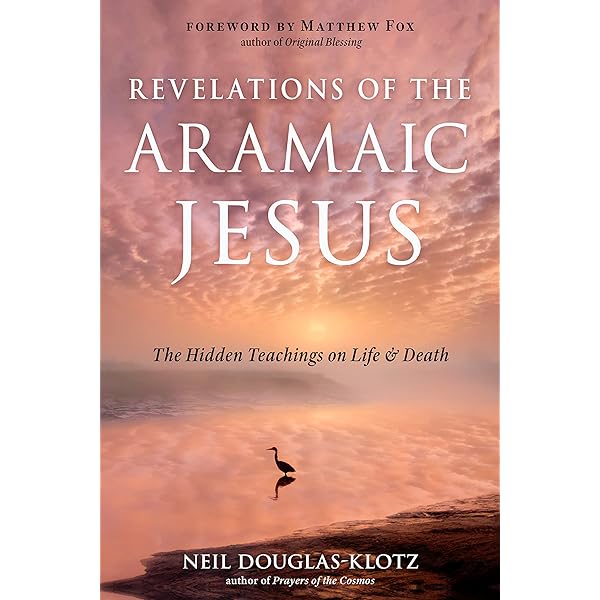
Margot Borden on
"How to Think Like Leonardo da Vinci: Seven Steps to Genius Everyday
" by Michael J. Gelb
September 9 & October 14, 2025
Acclaimed author Michael J. Gelb, who has helped thousands of people expand their minds to accomplish more than they ever thought possible, shows you how.
Drawing on Da Vinci’s notebooks, inventions, and legendary works of art, Gelb introduces Seven Da Vincian Principles—the essential elements of genius—from curiosità, the insatiably curious approach to life to connessione, the appreciation for the interconnectedness of all things.
With Da Vinci as your inspiration, you will discover an exhilarating new way of thinking. And step-by-step, through exercises and provocative lessons, you will harness the power—and awesome wonder—of your own genius.
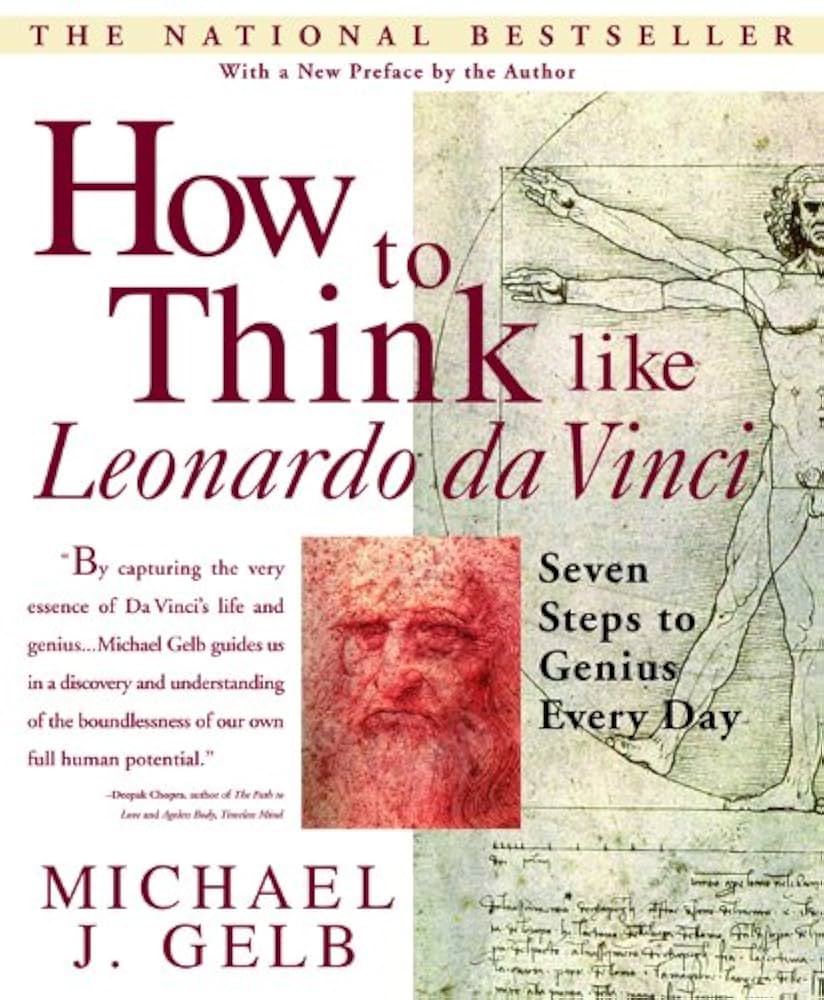
Paolo Morley-Fletcher on
"Shambhala: The Sacred Path of the Warrior"
by Chögyam Trungpa,
November 11 & December 9, 2025
A practical guide to enlightened living that first presented the Buddhist path of the warrior to the West, as a vision for personal, social and global change.
There is a foundational human Wisdom that can help solve the world’s problems. It doesn’t belong to any one culture or region or religious tradition—though it can be found in many of them throughout history. It’s what the author, Chögyam Trungpa, called the Sacred Path of the Warrior.
The sacred warrior conquers the world not through violence or aggression, but through gentleness, courage, and self-knowledge, and discovers the basic goodness of human life to establish an enlightened society.
Interpreting the warrior’s journey in contemporary terms, we are invited to awaken and embody our inherent sacred human-ness and take responsibility to radiate it out into the world for Wisdom to elevate Peace and well-being of others across the planet.
With Da Vinci as your inspiration, you will discover an exhilarating new way of thinking. And step-by-step, through exercises and provocative lessons, you will harness the power—and awesome wonder—of your own genius.
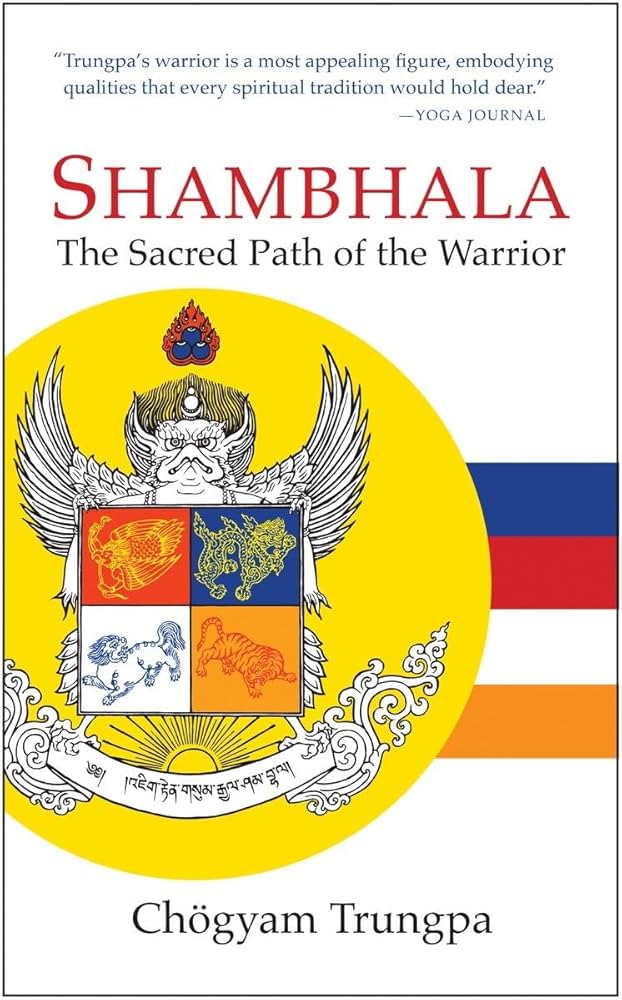
Academic Credit

Students taking the course for credit should submit a post paper at the end of each year which includes all of the books discussed during that year. Masters level post-papers are 10-15 pages in length, and Doctoral level are 20-25 pages. Papers should be written in APA style, with footnotes and bibliography.
Papers should demonstrate the student’s knowledge of the books for the course and discuss how the content has contributed to the student’s understanding of themselves and to their spiritual growth. Artistic expression is welcomed. Papers can be a comparative analysis of the various books or a thematic approach which looks at the books from a particular theme.
The rules guiding our assignment collection and grading process can be found here: Ubiquity University Grading Policy
Faculty
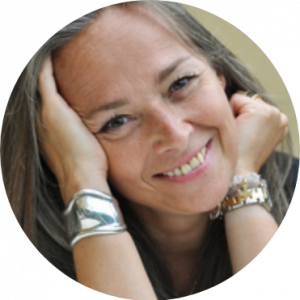
Gyorgyi Szabo PhD
Core faculty of Dissertation Writing
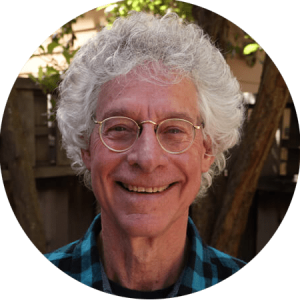
Jim Garrison PhD
Founder, President, Chief Academic Officer, Faculty
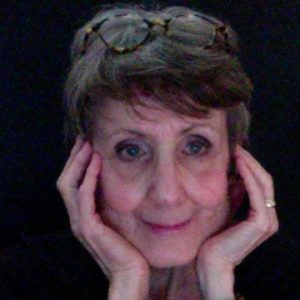
Janice E. Sealey PhD(c)
From my earliest years I have loved art and science through my encounter with nature. Upon entering nursing, specializing in cardiology, and working in critical care, administration, and teaching nursing, I began experiencing the loss of art in nursing as evidence-based science dominated my profession. Questioning this, I turned to graduate studies in Education which led to Wisdom Studies, where I discovered dynamic ways to access my heart, the field of imagination, and hence creative ways to intraconnect, art, science, and nature once again in my life and profession.

Margot Borden (PhD (c)
Margot Esther Borden’s lifelong focus on psychospiritual healing and development informs her work as a psychotherapist, her writing and teaching. Margot completed her Doctor of Philosophy in Wisdom Studies program at Ubiquity University in October 2024. She co-teaches Creative Journey to Dissertation and is founded Ubiquity Writers Meetup in 2020. She has authored books, articles and blogposts focused on the intersection of psychology and spiritual wisdom.
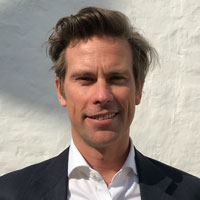
Paolo Morley-Fletcher, PhD(c)
Paolo Morley-Fletcher is a strategist, coach and seeker active in the area of individual, social and global change, with over 20+ years consulting experience, advising leaders and multinationals on business strategy, leadership coherence and consciousness transformations. Founder of AtmanWay, a progressive consulting company that integrates Strategy, Wisdom and Action to facilitate growth and change in leaders, organizations and society. Paolo is the initiator of the Wisdom Dialogue movement, a global initiative that champions Silence and Dialogue to activate a new Dialogue for humanity and ultimately foster peace. And among others, he also serves as a Global Leader for The Katzenbach Center (PwC’s think-tank on organizational culture, teaming and informal organization) and for The Center for Transformational Presence (on leadership coaching).

